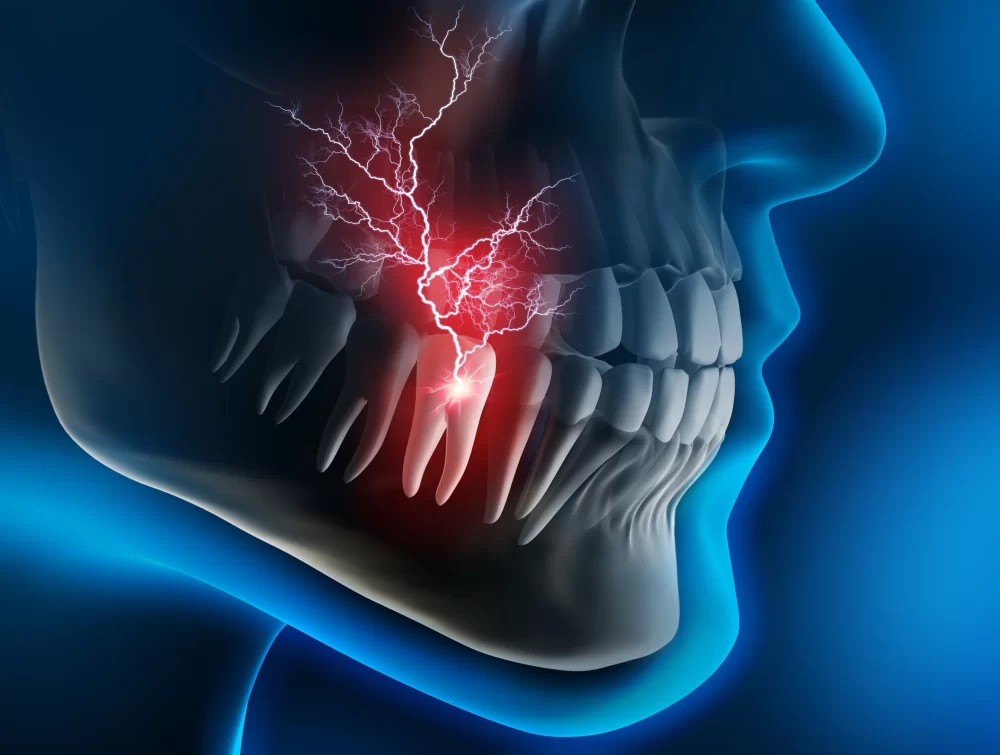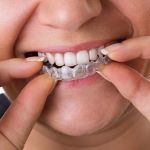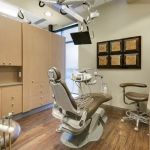
- Common-Causes-Of-Tooth-Pain-At-Night
- Why-Tooth-Pain-Worsens-At-Night
- Real-Life-Examples-Of-Nighttime-Tooth-Pain
- Treatment-And-Relief-Options
- When-To-Seek-Professional-Help
1. Common Causes of Tooth Pain That Intensify at Night
Experiencing tooth pain at night can be particularly distressing, interrupting sleep and affecting overall well-being. Understanding the underlying causes of this pain is the first step toward effective relief.
One of the most frequent causes is dental decay or cavities. As decay progresses, it reaches the inner pulp of the tooth where nerves reside, causing sharp pain that often worsens when lying down.
Another key cause is gum disease, especially periodontitis, which leads to inflammation and infection around the tooth roots. This infection can trigger throbbing pain, noticeable during nighttime.
Tooth fractures or cracked teeth also commonly result in pain that intensifies at night. During the day, activities like chewing distribute pressure differently, but when resting, the tooth may become more sensitive to even slight movements.
In addition, dental abscesses—pockets of pus due to infection—can cause severe pain and swelling. These abscesses typically become more painful at night due to increased blood flow to the head when lying flat.
1.1 Impact of Teeth Grinding (Bruxism)
Bruxism, or teeth grinding, often occurs unconsciously during sleep. This habit places excessive pressure on teeth and jaws, leading to muscle soreness and tooth pain. Many patients are unaware they grind their teeth until nighttime pain or jaw stiffness prompts a dental consultation.
1.2 Sensitivity From Exposed Dentin or Receding Gums
When gum recession exposes the sensitive root surfaces, temperature changes or pressure can cause discomfort. At night, reduced saliva production allows irritants to affect teeth more easily, aggravating sensitivity.
2. Why Tooth Pain Often Feels Worse at Night
The perception of pain intensifies at night due to several physiological and environmental factors. When the distractions of daytime fade, the brain becomes more aware of bodily sensations, including dental pain.
Lying down also increases blood flow to the head, which can amplify inflammation and pressure in affected areas, making toothaches feel sharper and more persistent.
Additionally, saliva production decreases during sleep. Saliva naturally helps protect teeth by neutralizing acids and washing away debris, so lower saliva levels allow irritants to build up, increasing discomfort.
2.1 Psychological Factors
Anxiety or stress can heighten the brain’s response to pain signals. Patients experiencing dental pain at night often find it difficult to fall asleep, which in turn can worsen their sensitivity to pain.
3. Real-Life Examples That Illustrate Nighttime Tooth Pain
Consider the case of James, who began suffering from intermittent sharp pain in a molar only after going to bed. After visiting Dentistry Toothtruth, he was diagnosed with a hidden cavity that had reached the nerve. Timely treatment relieved his pain and prevented further complications.
Another example involves Lisa, who struggled with jaw pain and headaches due to nighttime teeth grinding. With a customized night guard prescribed by Dentistry Toothtruth, her symptoms improved dramatically, allowing restful nights free from pain.
3.1 Importance of Early Diagnosis
These cases highlight the importance of early detection and professional diagnosis. Ignoring nighttime tooth pain can lead to worsening infections, tooth loss, or chronic discomfort.
4. Treatment and Relief Options for Nighttime Tooth Pain
Managing tooth pain at night involves both immediate relief measures and addressing underlying causes to prevent recurrence.
4.1 At-Home Care Strategies
Over-the-counter pain relievers, such as ibuprofen, can reduce inflammation and alleviate discomfort temporarily. Applying a cold compress to the cheek may also numb the area and reduce swelling.
Maintaining excellent oral hygiene is crucial. Gentle brushing with a soft-bristle toothbrush and using fluoride toothpaste help protect sensitive areas. Avoiding sugary or acidic foods before bed reduces irritation.
4.2 Professional Dental Treatments
Depending on the diagnosis, treatments may include filling cavities, root canal therapy to address infected pulp, or periodontal treatment for gum disease. For bruxism, dentists may recommend night guards or stress management techniques.
Dentistry Toothtruth offers comprehensive evaluations and tailored treatment plans that focus on relieving pain and restoring dental health with precision and care.
5. When to Seek Professional Help for Nighttime Tooth Pain
Any persistent or severe tooth pain that disrupts sleep should prompt a visit to the dentist. Immediate attention is critical if pain is accompanied by swelling, fever, or difficulty swallowing, which may indicate a serious infection requiring urgent care.
At Dentistry Toothtruth, expert dentists can diagnose complex cases of nighttime tooth pain, provide effective treatments, and recommend appropriate products to support ongoing dental health.







 Family Orthodontics - Peachtree City4.0 (134 review)
Family Orthodontics - Peachtree City4.0 (134 review) Community Health Care Hilltop Family Dental Clinic3.0 (188 review)
Community Health Care Hilltop Family Dental Clinic3.0 (188 review) Wai Kahala Dentistry LLC5.0 (43 review)
Wai Kahala Dentistry LLC5.0 (43 review) Gentle Dental Service4.0 (113 review)
Gentle Dental Service4.0 (113 review) Little Big Smiles Pediatric Dentistry of Fort Myers5.0 (130 review)
Little Big Smiles Pediatric Dentistry of Fort Myers5.0 (130 review) Brinton Family Dentistry4.0 (469 review)
Brinton Family Dentistry4.0 (469 review) The Importance of Oral Health Education During Pregnancy for a Healthy Pregnancy
The Importance of Oral Health Education During Pregnancy for a Healthy Pregnancy Best Tips for Brushing Your Teeth Properly for Healthy Gums: Essential Techniques for Oral Health
Best Tips for Brushing Your Teeth Properly for Healthy Gums: Essential Techniques for Oral Health Why Skipping Dental Checkups Can Lead to Bigger Oral Health Problems
Why Skipping Dental Checkups Can Lead to Bigger Oral Health Problems Advantages of Porcelain Dental Restorations
Advantages of Porcelain Dental Restorations How Can Diabetes Cause Tooth and Gum Problems? Preventing and Managing Oral Health Issues
How Can Diabetes Cause Tooth and Gum Problems? Preventing and Managing Oral Health Issues Healthy Habits for Promoting Good Oral Health and Hygiene: Tips for a Healthy Smile
Healthy Habits for Promoting Good Oral Health and Hygiene: Tips for a Healthy Smile